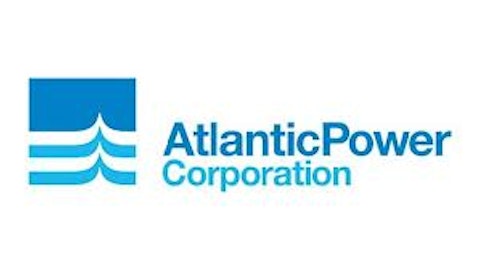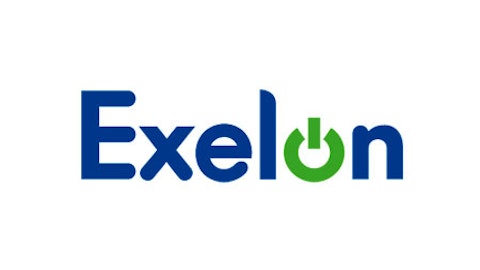Energy companies are at increasing risk from the pernicious effects of climate change. Among these, the reinsurance industry has identified increased “heatwaves, droughts, thunderstorms and – in the long run – tropical cyclone intensity.” Energy companies – being both partly responsible for and largely susceptible to these changes – face significant operational risk in the years to come. A group of shareholders is pushing for five electric power utilities to make better choices. The investors have filed shareholder resolutions related to the companies’ energy use and water management.

Navigant Consulting warns that “changes under way in the 21st century electric power sector create a level and complexity of risks that is perhaps unprecedented in the industry’s history.”
Long-term shareholders
New York State Comptroller Thomas P. DiNapoli, trustee of the $150 billion New York State Common Retirement Fund, led filings pushing Ameren Corp (NYSE:AEE), DTE Energy Co (NYSE:DTE), FirstEnergy Corp. (NYSE:FE), and SCANA Corporation (NYSE:SCG) to report on their efforts to increase energy efficiency and renewable energy use. All four firms derive more than 50% of their energy generation from coal, and generally perform at the bottom half of their peer group in measures of emissions intensity.
“As long term shareholders, we are invested in the sustainability of our portfolio companies,” said DiNapoli. “Given the current regulatory climate, an excessive reliance on coal can create serious risk to shareholder value. Companies should take proactive steps to increase energy efficiency and promote renewable energy sources.”
The filings pointed to the Tennessee Valley Authority’s (TVA) recent integrated resource plan as a positive example. TVA employed a sophisticated approach to risk management to determine that the cheapest, lowest-risk strategy is to increase investments in energy efficiency and renewable energy to diversify TVA’s resource portfolio.
Water for life
In additional filings, As You Sow is pushing Ameren Corp (NYSE:AEE) and FirstEnergy Corp. (NYSE:FE) and Calvert is urging Cleco Corporation (NYSE:CNL) to manage water-related risks more effectively. The resolutions with Ameren and FirstEnergy call for the companies to reduce water use by such mechanisms as switching to less water-intensive energy sources such as photovoltaic solar and wind. Calvert wants Cleco to improve transparency by way of a detailed sustainability report that includes an analysis of material water-related risks.
The Department of Energy notes that “there is agreement among climate models that there will be a redistribution of water, as well as changes in the availability by season. As currently designed, power plants require significant amounts of water, and they will be vulnerable to fluctuations in water.”





